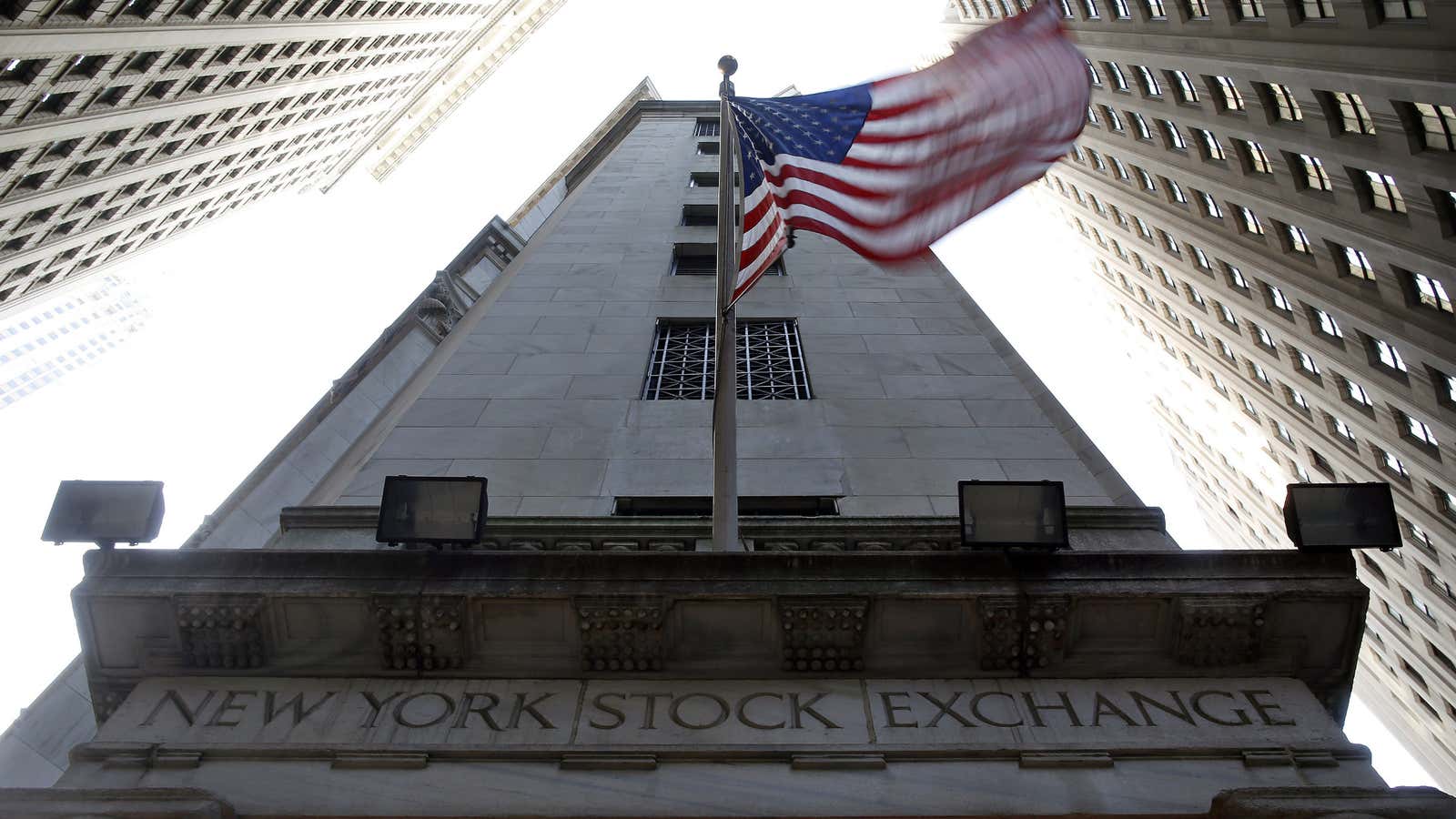It’s being widely reported that Spotify, the streaming-music service from Sweden, will bypass the typical rigmarole of an initial public offering and instead make its shares tradable through a direct listing on the New York Stock Exchange. It’s an unusual gambit, because it means Spotify couldn’t use going public the way most companies do: as an occasion to raise more money. The company would simply be valued at its most recent private-market valuation (currently $13 billion), and new investors would start buying shares from current stakeholders.
There are many advantages to avoiding the insanity of the modern IPO, but it’s not a decision any company wishing to trade publicly should take lightly. Herewith, a brief pro/con list on what Spotify’s executives are considering.
Pro:
You get to give anxious employees an opportunity to cash out their shares, without having to get too creative about it.
You get to give anxious investors an opportunity to cash out their shares, without having to get too creative about it.
You get to give yourself an opportunity to cash out your shares, without having to get too creative about it.
You don’t have to worry about Wall Street pricing your stock so low that you possibly leave an embarrassing amount of money on the table, or so high that you have an embarrassing first-day flop as a publicly traded company.
You no longer have to endure the years and years and years of reports about when you might finally go public.
Con:
You don’t get to raise additional funding.
You still have to rely on the exchange to do its job well.
You still have to deal with bankers. (Spotify is said to be working with Morgan Stanley, Goldman Sachs, and Allen & Co. as advisers on a direct listing.)
You still end up a public company. Ooof.
